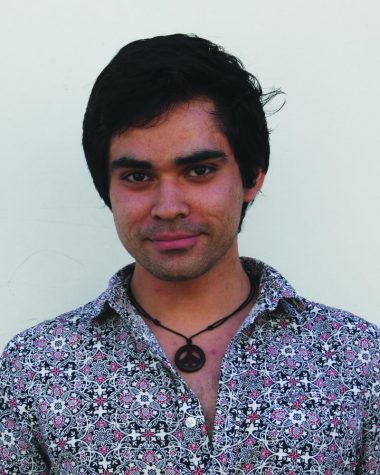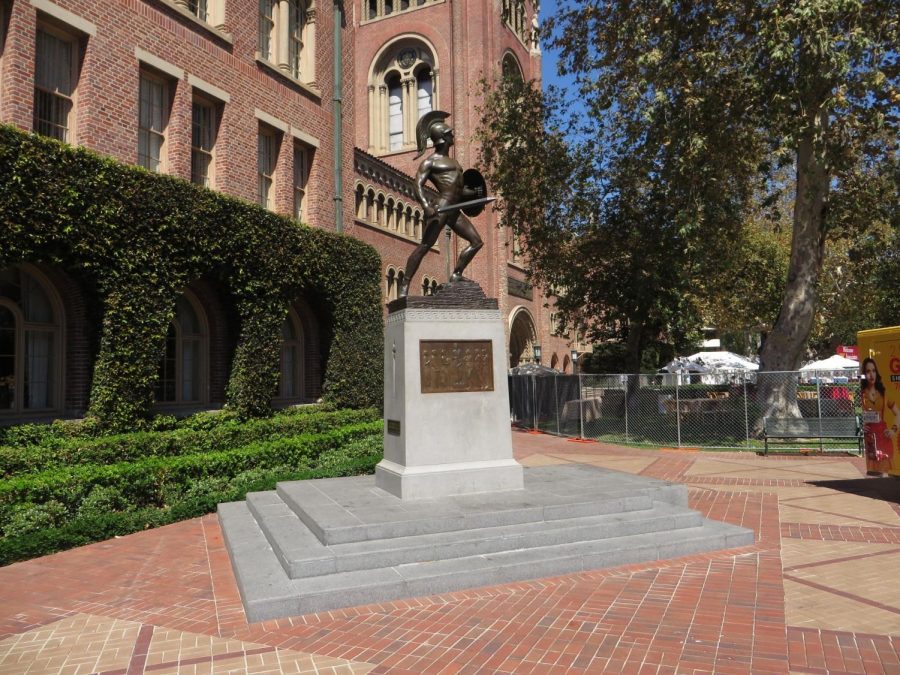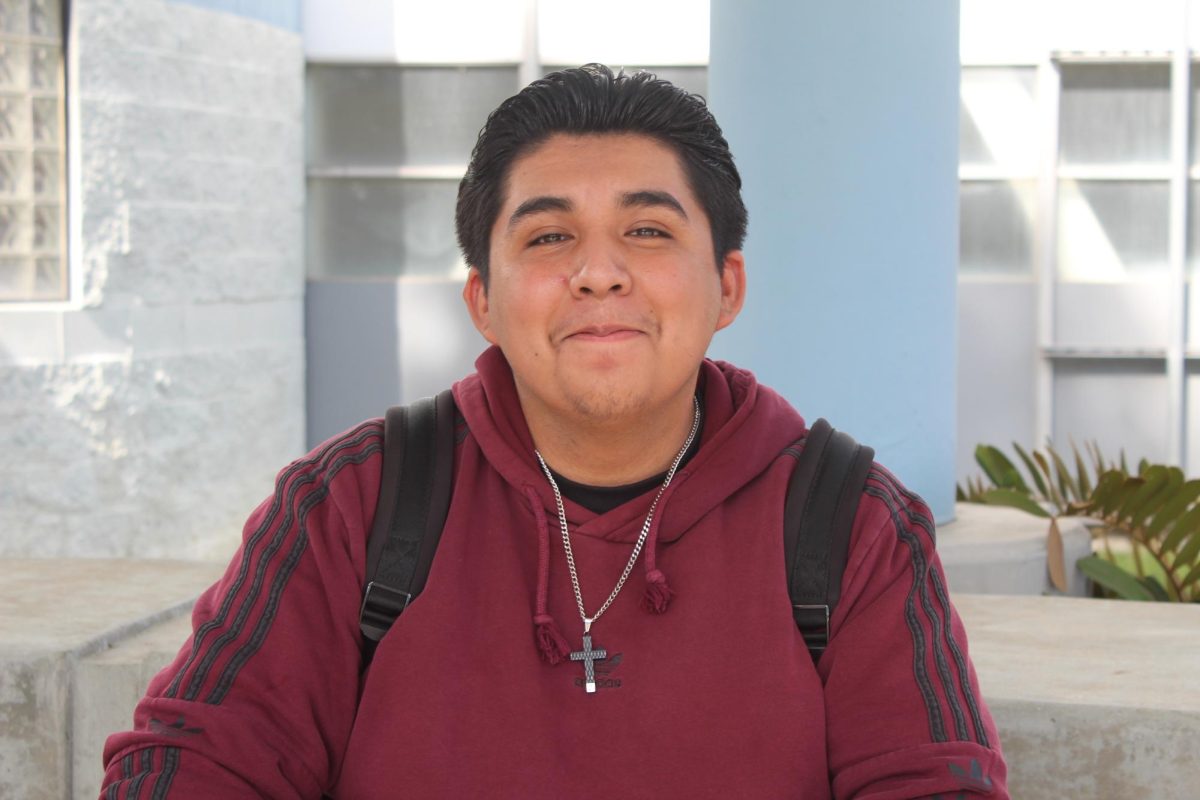In some nations homogeneity is said to be the implied reason for their success, take Japan for instance; however, there are many more who say it is a virtue in and of itself to nurture a multicultural society and thus expand worldview.
A Scientific American article from 2014, headlined “How Diversity Makes Us Smarter,” says that, decades of research by organizational scientists, psychologists, sociologists, economists and demographers show that socially diverse groups are more innovative than homogeneous groups.
So, why is it that people are acting like the United States of America should be a salad bowl instead of a mixing bowl? The point of the mixing bowl is to become uniform in our variety, our nuances.
People are acting like the U.S. is a salad bowl because they are making up reasons as to what makes them the most unique of all snowflakes.
In reality, if you shared your life experiences and got feedback, you would see that people are all are basically the same as you — use your third eye, people!
I’m not saying that you shouldn’t be proud of your ancestry, quite the contrary.
I’m saying that if any part of your cultural pride is based on being better than someone else, what else do you got? A person should have other facets to be proud of. You might as well be proud of your reusable grocery bag that says “I’m a skinny bitch” on it.
There are of course the radical cases, and I’m not saying they’re at Cerritos College in extremity- actually the opposite.
Granted, none of these “radical activists” have any scientific backing, nor are they especially prevalent in society, nor are they philosophically relevant in any way.
That — boys, girls and non-binary folk — is the difference between being proud of skin color and being proud of culture.
Unlike skin tone, culture is not a spectrum — it is a yes or no question. If you have one inch of Latino in you, you are fully Latino.
This is obviously not institutionalized racism, though perhaps in Southern California, white people are almost a minority.
This is not the same as a white person calling a black person “nigger,” that slur has been used in the past and present by white people in power, in order to oppress black people; it’s similar with the words “wet-back,” “chink,” and “Jesus killer.”
These terms are extremely hurtful for their connotations of historical oppression.
There are even those fighting for radical racial inequality who would say that there is a genocide against their “race” because whatever “race,” which their skewed worldview names as their cultural rival, is mixing with their own — when in reality, there is no race gene.
As a mixed person, this could make you feel excluded by the more radical branches of the civil rights movement, for not being one thing or the other.
In high school, I was told I’m not a real Mexican.
First of all, idiot, that statement is based on the idea that I should be trying to be anything at all.
I don’t want to do anything but be my most authentic self.
Second of all: I’m not Mexican, I’m New Mexican.
The difference is that the border crossed over my family, not the other way around; not that there is anything wrong with immigrating, of course.
The difference is that the old Spanish roots are deeper and still dominating facets of our identities; as are the Indian roots from our Comanche, Apache, Jemez, Keresan, Manso, Navaho, Pecos, Pueblo, Piro Pueblo, Tewa Pueblo, Shuman, Ute and Zuñi ancestors — the tribes of which are present and active in today’s modern society.
Third of all: What if a person were what many so derogatorily call “white-washed.” What would be the problem with that? How would that nuance in a person’s experience invalidate that person’s identity as a Latino?
The truth is, speaking predominantly Spanish does not make a person’s Latino self-concept any more valid than a Latino who does not speak Spanish at all.
Being a practicing Catholic does not make a person more Latino either.
This is because language spoken and whichever religion a person subscribed to (or no religion at all) make up a different part of someone’s identity, separate from ethnicity.
So, why are we as a society trying to qualify people’s identities and witness to an experience of such identities as either partially accurate or not at all accurate at all?
It doesn’t feel like we are “white-washed” when people racially profile us — following us around in Forever 21 — as though the security guards were socialized to think that people of color are inherently thieves, thieves capable of stealing as much as the cheap clothing chain steals from the wages of the child slaves or on a much smaller scale, their regular employees. If the wage is not livable ($15 per hour), the employer is stealing.
It doesn’t feel like I’m “not Latino enough” when people ask me if my white father adopted me, it’s just hurtful.
You’re erasing mixed people and their identities.
On a lighter note: The 2017 Spring Dance Concert opened Thursday, March 9 in the Burnight Center and showcased many different forms of dance; allowing me to feel proud of my mixed heritage with such works as the contemporary Middle Eastern piece, Set el Setat (choreographed by Steve Rosa) and Four in One featuring Gilberto Quezada in the Ballet Folklorico piece, El Pasacalles; and the ballet pieces, ballet was invented in Rome.
It’s precisely the variety that made this most recent dance concert successful and beautiful.
Something that Cerritos College is, and something that every college should strive to be, is multicultural. For this mixed students are grateful.
As Irving Bartikofsky, a Mexican-Russian and Jew, said to conclude the first ever TEDx Talk at Cerritos College: “You and I can look out the same window and have a different perspective, and that’s a good thing.”
Most things that make up a person’s cultural identity are not things one is literally born into.
Identity is altogether a subjective, lived experience; meaning that you can’t compare your experience to others’ to determine that one is greater than, less than or equal to the other in validity.
Culture is indeed meant to be shared, and the people who ought to start are those of us who are mixed.














